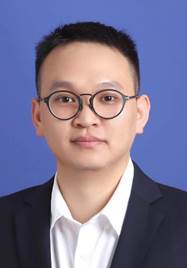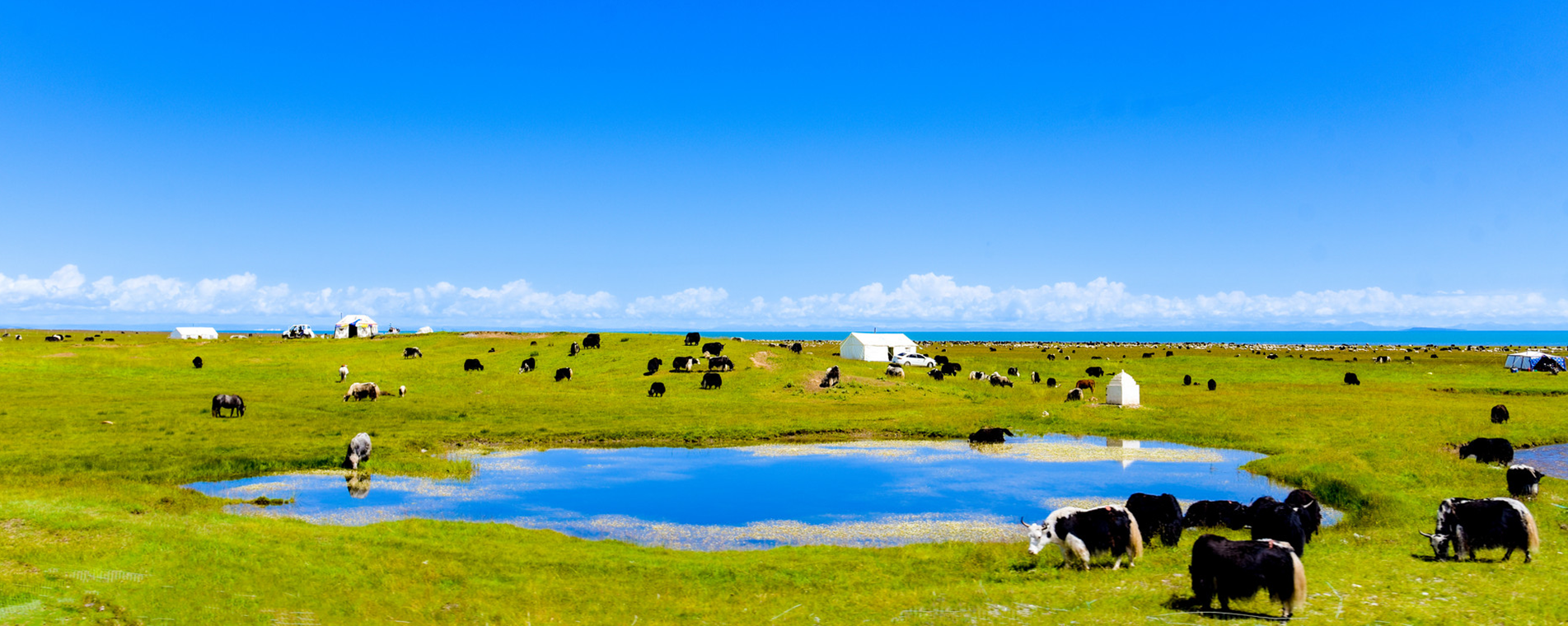
凌宁,湖南株洲人,教授、博士生导师。
主要关注土壤生物肥力培育与植物健康相关研究。近年,利用土壤微生物信息学、稳定同位素微生物标记技术等研究方法,围绕有机肥料输入后土壤微生物在肥料-土壤-植物系统中的行为特征与作用机理、根系分泌物介导的植物-微生物互作过程等方面的研究成果以第一作者或者通讯作者发表在PNAS(2024a, b), Nature Communications(2022, 2023),Microbiome(2024a, b),Global Change Biology(2023, 2024), New Phytologist(2020, 2021),Soil Biology & Biochemistry,mBIO,Molecular Ecology等领域的权威期刊上。2021-2024年入选斯坦福大学发布的“全球前 2%顶尖科学家”榜单(World's Top 2% Scientists),2022-2024 年入选 Research.com 网站公布的“中国植物科学与农学顶尖科学家”榜单。
Email: lingn@lzu.edu.cn 或 nling@njau.edu.cn
学习经历:
2007.9-2012.6 南京农业大学 资环学院 植物营养学系硕博连读,获农学博士学位
2003.9-2007.6 南京农业大学 资环学院 农业资源与环境专业,获农学学士学位
工作经历:
2012.06-2014.12 南京农业大学(资源与环境科学学院) 讲师
2018.10-2019.09 Université de Rennes 1, France 访问学者
2015.01-2019.12 南京农业大学(资源与环境科学学院) 副教授
2020.01-2021.12 南京农业大学(资源与环境科学学院) 教授
2022.01-: 兰州大学 草地微生物研究中心 教授/副主任(2024)
在研项目:
1)国家自然科学基金联合重点项目(U24A20630),2025.1 - 2028.12,260万元,项目主持人。
2)国家自然科学基金面上项目(42277100),2023.1 - 2026.12,53万元,项目主持人。
3)国家自然科学基金面上项目(41977080),2020.1 - 2023.12,61万元,项目主持人。
4)国家自然科学基金面上项目(31772398),2018.1 - 2021.12,60万元,项目主持人。
5)青海省帅才项目(2023-NK-147-4),2023.1 - 2027.12,475万,课题主持人。
学术兼职:
Land degradation & development领域编辑/ European Journal of Soil Biology编委
代表论文(*通讯作者):
1) Li L, Xu QC, Jiang SJ, Jing X, Shen QR, He J-S, Yang YF, Ling N* (2024) Asymmetric winter warming reduces microbial carbon use efficiency and growth more than symmetric year-round warming in alpine soils. PNAS, 121: e2401523121
2) Xu QC, Zhang H, Vandenkoornhuyse P, Guo,SW, Kuzyakov Y, Shen QR*, Ling N* (2024) Carbon starvation raises capacities in bacterial antibiotic resistance and viral auxiliary carbon metabolism in soils. PNAS, 121: e2318160121
3) Wang TT, Ruan Y, Xu QC, Shen QR, Ling N*, Vandenkoornhuyse P (2024) Effect of plant-derived microbial soil legacy in a grafting system—a turn for the better. Microbiome, 12:234
4) Qiao YZ, Wang ZD, Sun H, Guo HY, Song Y, Zhang H, Ruan Y, Xu QC, Huang QW, Shen QR, Ling N* (2024) Synthetic community derived from grafted watermelon rhizosphere provides protection for ungrafted watermelon against Fusarium oxysporum via microbial synergistic effects. Microbiome, 12:101
5) Wang XW, Guo H, Wang JN, He P, Kuzyakov Y, Ma MJ, Ling N* (2024) Microbial phosphorus-cycling genes in soil under global change. Global Change Biology DOI: 10.1111/gcb.17281
6) He P, Zhang YT, Shen QR, Ling N*, Nan ZB (2023) Microbial carbon use efficiency in different ecosystems: A meta-analysis based on a biogeochemical equilibrium model. Global Change Biology 29: 4758-4774
7) Ruan Y, Kuzyakov Y, Liu XY, Zhang XH, Xu QC, Guo JJ, Guo SW, Shen QR, Yang YF, Ling N* (2023) Elevated temperature and CO2 strongly affect the growth strategies of soil bacteria. Nature Communications 14(1): 391
8) Ling N*, Wang TT, Kuzyakov Y* (2022) Rhizosphere bacteriome structure and functions. Nature Communications 13: 836
9) Guo JJ, Ling N*, Li Y, Li KS, Ning HL, Shen QR, Guo SW, Vandenkoornhuyse P (2021) Seed-borne, endospheric and rhizospheric core microbiota as predictor for plant functional traits across rice cultivars are dominated by deterministic processes. New Phytologist 230: 2047-2060
10) Guo JJ, Ling N*, Chen ZJ, Li L, Liu LS, Gao LM, Wang M, Ruan JY, Guo SW, Vandenkoornhuyse P, Shen QR (2020). Soil fungal assemblage complexity is dependent on soil fertility and dominated by deterministic processes. New Phytologist 226: 232-243
ResearchGate:
https://www.researchgate.net/profile/Ning-Ling








